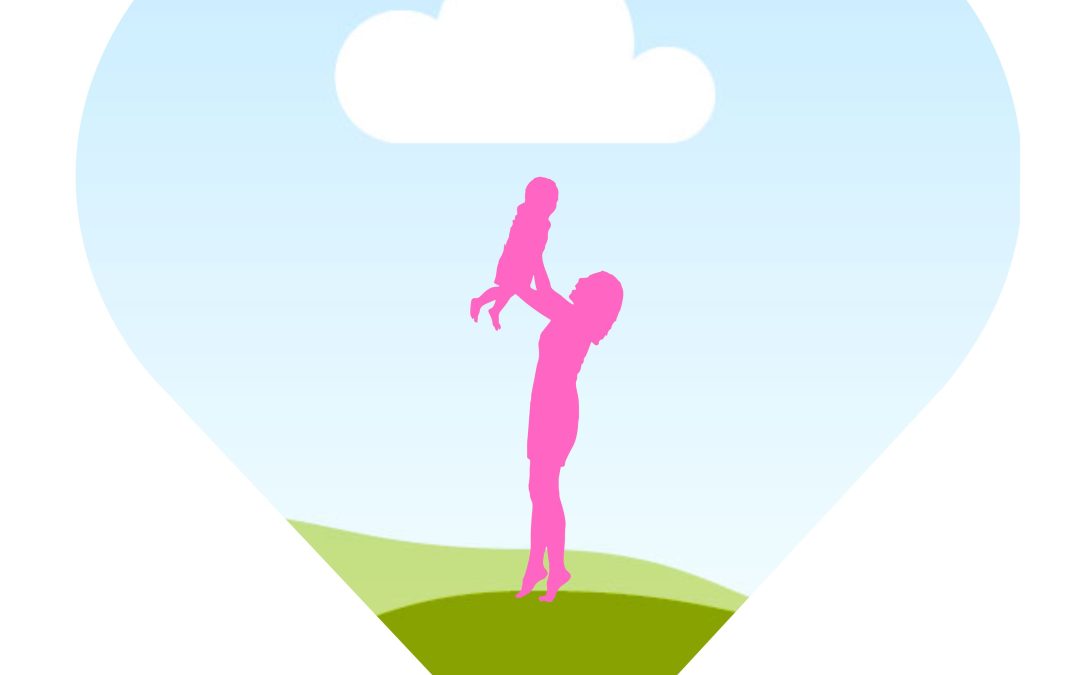The Silence of a Social Europe Before Ordinary Heroism
Within the grand narrative of Europe’s social project, certain voices remain eerily absent.
Among them: the voices of those women – solitary yet steadfast – whom one glimpses in the hush of early mornings on station platforms, waiting outside overcrowded crèches, or queuing in dignified silence at social service counters.
Today, nearly ten million women, according to Eurostat, shoulder the full weight of parenthood alone across our continent. And yet, their lives – rich in resilience but burdened by structural neglect – remain largely peripheral to the great deliberations of European policy. As if their courage were but background noise in a louder, more indifferent world.
Their journeys tell a stark truth: that Europe, even as it extols the virtues of equality, has come to tolerate a form of institutionalised vulnerability. This is not merely a failure of social protection. It strikes at the very promise upon which the European ideal was built.
A Social Architecture That Undermines Instead of Uplifts
1. The Poverty Trap: When Work Begets Loss
Across several Member States – notably France and Germany – the return to work can paradoxically result in financial loss. The effective marginal rate, which measures the portion of benefits lost when one’s income rises, can exceed 60% for single mothers.
To cite but one example: a French single mother earning €1,500 per month may lose up to 63% of her entitlements (DREES, 2023). In Germany, the Hartz IV reforms have exacerbated this dynamic, transforming gainful employment into an economic burden rather than a means of liberation.
This phenomenon is compounded by administrative opacity. In 2023, nearly half of all single mothers in the EU reported abandoning benefits due to either lack of clarity or the exhausting labyrinth of bureaucracy (EU Council Report).
2. Daily Barriers to Employment
Employment itself is no sanctuary. In France, only 32% of municipalities meet the national objective of providing childcare coverage for at least 60% of children under the age of three (Court of Audit, 2024).
In Belgium, a study by the Université libre de Bruxelles found that single mothers are 35% less likely to be called back after a job interview compared to childless women.
Such figures are not mere statistical curiosities. They reveal the entrenched structural exclusion of millions of women, whose autonomy depends not on handouts, but on access to dignified, sustainable work.
3. Discreet Sanctions, Devastating Realities
To this burden must be added the weight of hidden sanctions:
- In France, housing benefits are withdrawn once income rises above a modest threshold.
- In Spain and Italy, nearly 40% of single mothers receive no child support, despite judicial rulings to the contrary (Eurostat, 2024).
These failures in enforcement, coupled with the inertia of legal systems, perpetuate a silent and socially accepted precarity.
A Fragmented Europe in Need of Shared Ambition
1. Harmonisation Without Homogenisation
A social Europe cannot, and must not, tolerate such stark disparities. In Denmark, mothers receive 80% of their salary during parental leave; in Greece, that figure falls to 30%.
We must institute a European minimum standard of social protection, guaranteeing real, enforceable rights to single mothers in all Member States. Such a framework would replace today’s patchwork of national inequalities with a coherent architecture of dignity.
2. An Administration That Empowers Rather Than Hinders
Too often, administration does not uplift – it discourages. It is time to consolidate existing benefits (income support, child allowances, work premiums) into a single, accessible living income.
Estonia stands as a model, proving that intelligent automation – through the ethical use of fiscal and social data — is not a technological utopia, but a practical imperative for human dignity.
3. Enforcing Family Responsibilities: A Public Duty
The Swedish example, where the State temporarily pays outstanding child support and subsequently recoups it from the non-compliant parent, should be emulated.
A European Guarantee Fund, working in tandem with national courts, would send a clear and urgent signal: no child shall suffer the consequences of parental neglect.
Social Economy as a Cultural Catalyst
1. Rendering Corporate Realities Transparent
The 2024 Corporate Sustainability Reporting Directive (CSRD) has taken a first step towards transparency. Let us advance further: require companies to disclose post-maternity return-to-work rates, and pay differentials between mothers and non-mothers.
These indicators would serve not only as instruments of measurement but as reflections of ethical business practice – or the conspicuous lack thereof.
2. Investing in the Care Economy
Let us establish a European Care Infrastructure Fund, under which ESG-driven investment can finance company nurseries, training centres, and adapted work environments for single mothers.
“Social bonds” can be issued to support professional retraining post-maternity – not as charity, but as an investment in the human capital of Europe.
3. Incentivising Virtue in Enterprise
Tax regimes should reward inclusivity. For instance, companies that promote at least 30% of mothers within five years following parental leave could receive a targeted ESG bonus.
The aim is not to punish the laggards, but to celebrate and elevate the virtuous – and to embed social progress within the logic of competitiveness.
Conclusion – What Europe Owes Its Mothers
Single mothers do not seek pity. They ask only for what the Republic – and Europe – have solemnly promised: justice, recognition, protection.
Europe possesses the instruments:
- social policy levers,
- structural funds,
- ESG regulation.
And yet, in 2024, 68% of the EU’s “Gender Equality” funds remain unused (European Court of Auditors). This is no longer a matter of technical delay — it is a question of moral clarity.
Three immediate commitments must follow:
- The creation of a European Observatory for Single Mothers, to document and act.
- The conditionality of public subsidies upon corporate family policies.
- The launch of a European Pact for Single Mothers, embedded in the agenda of the next Commission.
A society that abandons its mothers has already renounced its future.

